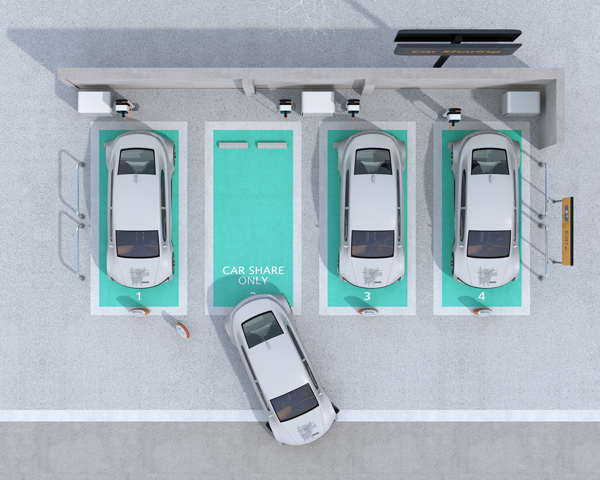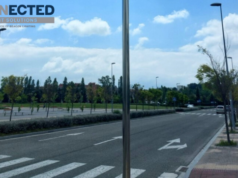Smart parking is set for major take- off in cities around the world with the number of spaces set to surge by 2028, according to a report from Juniper Research.
The research house says there are 5.8 million spaces currently and this will increase to 16 million by 2028.
The global market for smart parking technologies was valued at US$35.6 billion in 2022 and is expected to reach US$88.8 billion by the end of 2028.
Smart parking utilises a combination of sensors and real-time data to provide road users with information on closest available parking spaces and prices, through either signage, apps or dashboards. This helps reduce congestion and emissions produced by vehicles searching for suitable parking spaces.
The market is being driven by a growing demand for IoT-based vehicles, supportive government policies and by the sheer increase in the number of vehicles on roads around the world.
Challenges to implementation are a lack of support infrastructure and higher implementation costs.
The Global Smart Traffic Management Market 2023-2028 report urges city municipalities to seriously consider investing in and implementing smart parking initiatives within highly congested cities.
Even in less congested areas, municipal authorities are seeing value. I
n the Blue Mountains outside of Sydney, visitor pay smart parking is being rolled out as an additional revenue stream for the council after a ratepayer survey found that 71% of residents believed visitors to the area should also help pay for services and infrastructure.
An app has been created which will show real time parking availability and take payments, and in some locations sensors will be installed to analyse traffic flow.
According to Juniper the advantages surrounding dynamic pricing in smart parking can not only be used to strategically increase revenue, but also have the ability to ease ongoing congestion issues. This is achieved by lowering prices in less congested parking areas and making them more attractive to drivers.
“With more data than ever available and the low latency that 5G provides, parking solutions have become highly responsive,” said research author Cara Malone.














